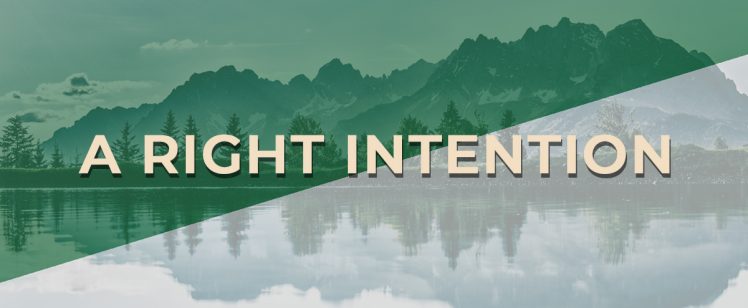-
- Apr 09
-

A Right Intention
Somewhere along the way of developing my business, I have successfully managed to avoid communicating the real reason for why I created it in the first place.
I am a professional coach, facilitator of learning and teacher. More importantly for me, I am a man, husband and father, who has been practicing and studying the teachings of Buddhism. For me, these teachings have been life changing, because it has taught me to love myself – not in a selfish, narcissistic way, but in a way that enables me to be friends with myself, and to love those around me from a deeper place within me.
What I realized only yesterday, was that I had been trying so hard to write in a way that satisfied how I thought I should write to satisfy others, and had lost the core message, therefore losing the real reason for my work. I was, very simply, trying to be too clever.

Photo: Adrian Machon
My core purpose in my work is that I have an intention to bring awareness and practices to how leaders show love in organisations – not just words that toe the company line on values or posters on a wall – but intentional care, respect, empathy and compassion shown in every action, for every individual that turns up for work every day.
This is a very un-corporate way of expressing the vision of my business, but the simple fact is that is what I can offer here, through who I am and the purpose of the work that I do with individuals and groups. I’m okay with this today.
I was moved to write this after reading a book called ‘Tattoos on the Heart’, by Gregory Boyle. Gregory is a Jesuit Priest who has worked for many years with the gangs of Los Angeles. His book relates his stories about how his unconditional love and acceptance of people who see themselves as unlovable, has changed many lives. He does this in an environment where everyday events of violence and tragedy could be seen to discourage him from this purpose. However, he knows his purpose, and has faith in this purpose to choose where he has to be.
His intention is to show this love in everything he does with these communities. He writes about his imperfections, but his intention to love, sets in motion some extreme change in individuals. He sets a wonderfully humble example for how we should all be with the people that we experience every day.
This is an example that I aspire to in my own life and business.
